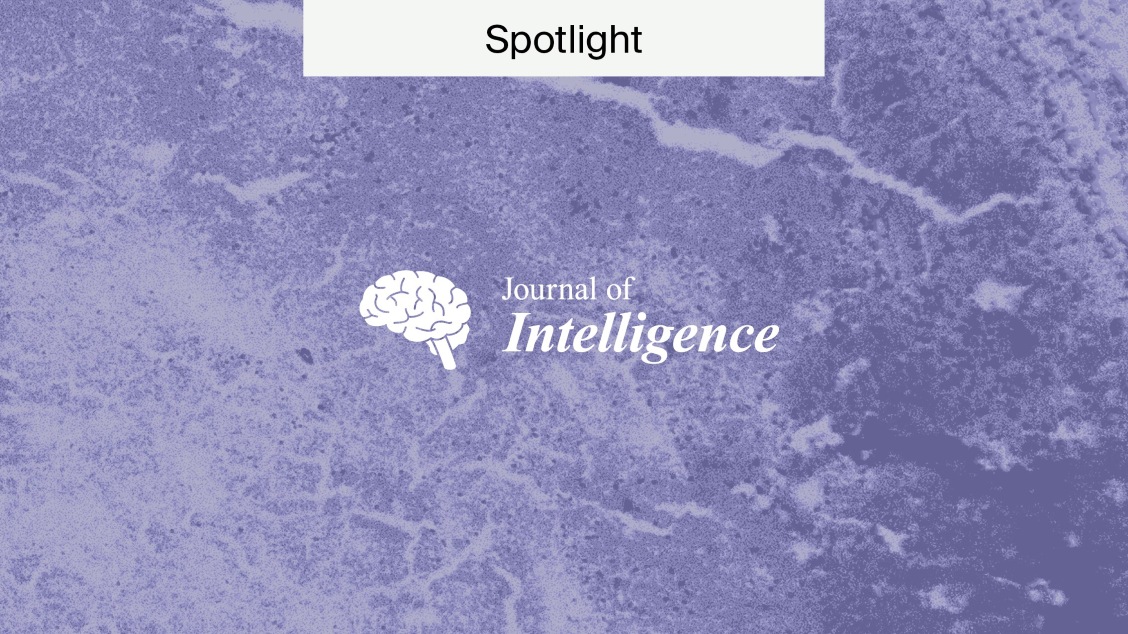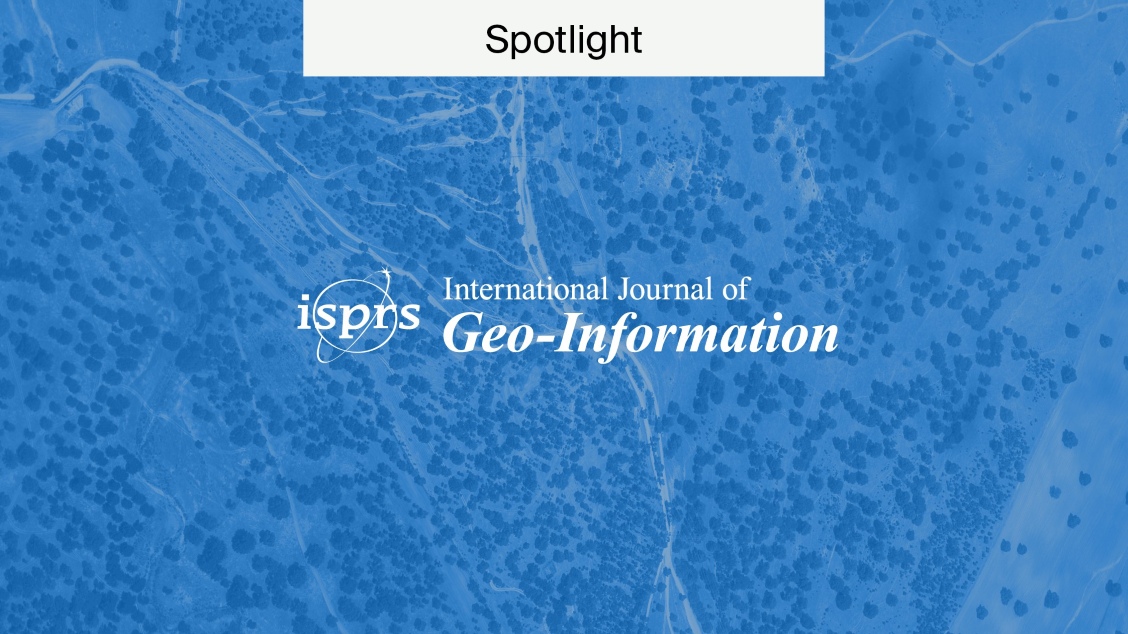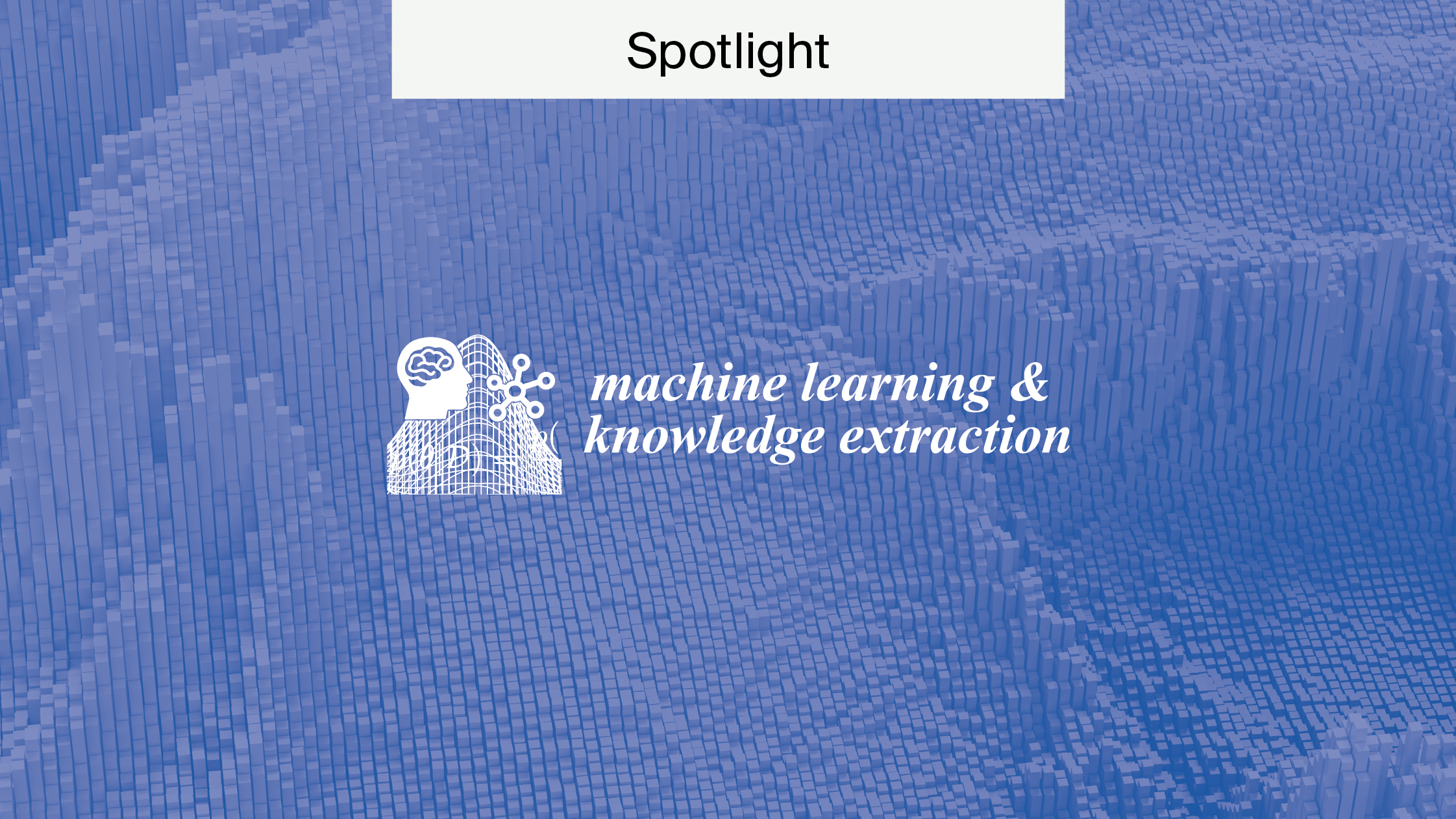
Insights from MDPI Top 5 Picks: July
In July, we saw a varied collection of MDPI articles reach the top of the rankings of our most viewed papers, including those from journals never before seen in our top 5, such as Symmetry and Pharmaceuticals. We had a high turnout this month. Below, the authors explain what makes their research so popular.
1. Effect of Cheese Intake on Cardiovascular Diseases and Cardiovascular Biomarkers in Nutrients
“Dairy is characterized by a rich content of saturated fatty acids, which are known to elevate low-density lipoprotein cholesterol and thereby the risk of cardiovascular diseases. However, numerous cohort studies have revealed an inverse association between cheese intake and cardiovascular diseases. Applying two-sample Mendelian randomization analysis, we assessed the causal relationship between cheese intake and cardiovascular diseases and cardiovascular biomarkers without the effect of confounding factors or reverse causality.
Our results revealed that cheese intake causally reduced the risks of type 2 diabetes, heart failure, coronary heart disease, hypertension, and ischemic stroke. Suggestive evidence of an inverse association between cheese intake and peripheral artery disease was also observed. No association was observed for atrial fibrillation, cardiac death, pulmonary embolism, or transient ischemic attack.
The better prognosis associated with cheese intake may be explained by lower body mass index, waist circumference, triglycerides, and fasting glucose. There was suggestive evidence of a positive association between cheese intake and high-density lipoprotein.
Therefore, the effects of cheese on cardiovascular disease should be considered as a function of the total nutrient contents instead of simply a single component, such as saturated fat. The study of cheese intake may open up new opportunities for the management of cardiovascular diseases in the future.”
– Dr. Menng-Jin Hu, Dr. Jiang-Shan Tan, Dr. Xiao-Jin Gao, Dr. Jin-Gang Yang, and Dr. Yue-Jin Yang
2. Recent Advances and Challenges in Uveal Melanoma Immunotherapy in Cancers
This paper made the top of our rankings month. You can read the authors’ statement in June’s top 5 picks.
3. The Occurrence of Hyperactivated Platelets and Fibrinaloid Microclots in Myalgic Encephalomyelitis/Chronic Fatigue Syndrome (ME/CFS) in Pharmaceuticals
“The reasons that our research is important are clear: millions suffer with M/CFS, but many have been dismissed by health professionals, as few markers have been found, despite the debilitating symptoms. We have discovered some major biomarkers that provide a mechanistic explanation for this condition.”
– Dr. Douglas B. Kell
4. From Galactic Bars to the Hubble Tension: Weighing Up the Astrophysical Evidence for Milgromian Gravity in Symmetry
“This is the most detailed review ever conducted into the hypothesis known as Milgromian dynamics (MOND) and how its performance compares to that of the standard cosmological paradigm (ΛCDM). We review evidence from all astrophysical scales where the models might predict distinct behaviour, covering the sub-kpc bars in the central regions of many disc galaxies all the way up to cosmological scales.
An innovative scoring system motivated by the philosophy of science is used to assess the theories. The scores consider how well each theory matches observations and its theoretical flexibility, with the gold standard being a clear *a priori* prediction.
After considering about thirty tests of each theory, we found that the results strongly favour MOND. Combined with the many highly significant falsifications of ΛCDM that we review here and the lack of such falsifications for MOND once the relevant uncertainties are considered, we conclude that it is time for a paradigm shift. Future tests of MOND are also considered at some length.”
– Dr. Indranil Banik
5. How to Slow down the Ticking Clock: Age-Associated Epigenetic Alterations and Related Interventions to Extend Life Span in Cells
“Aging and age-related disorders are phenomena that affect everyone, either directly on the individual level or indirectly through challenges in our social system; hence, research in this field is of high relevance. This article is aimed at all kinds of readers, including those new to the field of epigenetics, and will guide them through the established basics in epigenetic aging all the way to the complex ideas behind recent intervention strategies.”
– Dr. Anne-Marie Galow
If you want to know more about any of the studies mentioned in this article, you can read them for free on the MDPI website.











Really grateful to MDPI and their journal Symmetry for this opportunity to present the most detailed review of MOND so far and the most comprehensive assessment of how it fares against the LCDM standard cosmological paradigm. There have been good reviews in the past, but I was able to take advantage of some recent breakthroughs to add a great deal of detail to some sections. I also used insights from the philosophy of MOND book by David Merritt to relate the science to ideals of how science should be done.
Thanks so much for your contribution, Indranil!